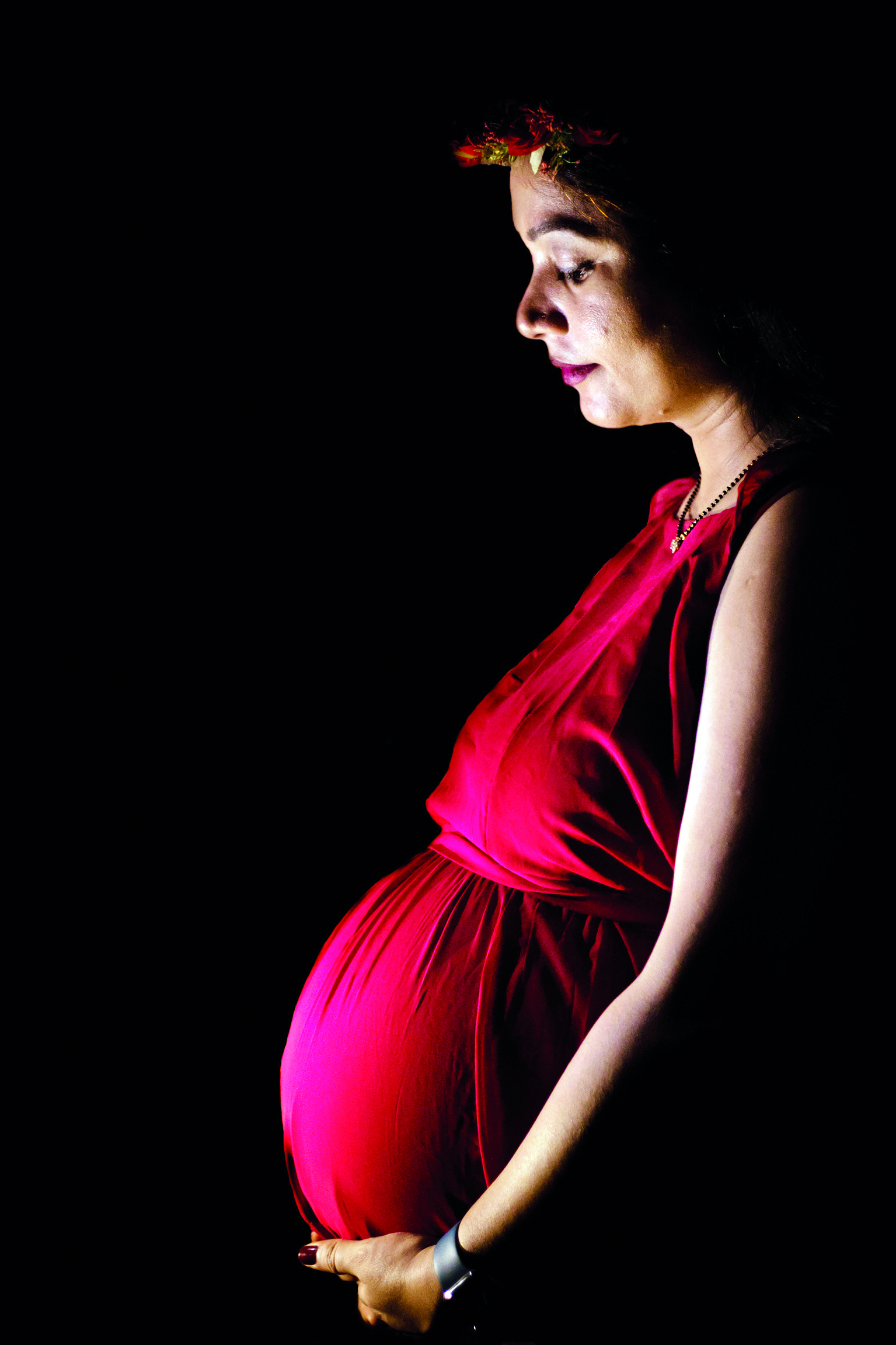Foundation for well-being
Prompt detection and suitable management of mental health issues of the mother and the child during and after pregnancy, encompassing therapy, support networks, medication, and lifestyle adjustments, are essential

April 11 is commemorated to honor motherhood and to advocate for safe pregnancy and delivery techniques that protect both the mother and the child. The day also commemorates the birth anniversary of Kasturba Gandhi.
What began as a UN project in 1987 to make sure that women give birth to healthy children and experience a safe pregnancy and delivery is now an urgent necessity. The topic for Maternal Health Awareness Day in 2024 is ‘Access in Crisis,’ emphasising the need to give women all kinds of health access during this critical time.
India’s Maternal Mortality Ratio (MMR) is 97 per 100,000 live births, down from 103 per 100,000 in 2017–19 and the high MMR of 167 in 2011–2013. Good news is that these numbers have been continuously falling.
Motherhood has its difficulties, and a lack of accessible health services adds to the tragic incidence of deaths among mothers during childbirth. Anemia, untreated high blood pressure, blood loss during birth, a lack of hygiene measures, and unsafe abortion are among the most common causes of maternal mortality in India. Among these tangible health concerns, maternal mental health frequently goes unrecognised. Maternal mental health should be highlighted, and we must all work together to make mental health a household name.
Common mental health issues during and after pregnancy are:
* Perinatal depression: Depression during pregnancy or in the first year following childbirth is a common mental health issue. Symptoms may include chronic depression, feelings of worthlessness, disinterest in activities, and difficulties bonding with the baby. In a few cases it may lead to suicide.
* Perinatal anxiety: Anxiety disorders such as generalised anxiety disorder (GAD), panic disorder, and obsessive-compulsive disorder (OCD) can appear or worsen during pregnancy and after birth. Anxiety symptoms might include excessive concern, restlessness, impatience, and physical symptoms such as rapid heartbeat or difficulty breathing. This can take away from the new experience of motherhood.
* Perinatal post-traumatic stress disorder (PTSD): Some women may experience symptoms of PTSD following a traumatic childbirth experience, such as a complicated delivery, an emergency cesarean section, or complications for the baby. Symptoms may include intrusive memories or flashbacks, avoidance of reminders of the trauma, hypervigilance, and emotional numbness.
* Perinatal bipolar disorder: Women with bipolar disorder may experience fluctuations in mood during pregnancy and postpartum. Bipolar disorder symptoms include periods of mania (elevated mood, increased energy) and periods of depression, which can be exacerbated by hormonal changes during pregnancy and childbirth.
* Perinatal psychosis: Although rare, perinatal psychosis is a severe mental health condition characterised by a loss of contact with reality. Symptoms typically include hallucinations, delusions, severe mood swings, confusion, and disorganised thinking. Perinatal psychosis requires immediate medical attention to ensure safety of both mother and newborn.
* Adjustment disorder: Some women may have trouble adjusting to the challenges of pregnancy, childbirth, and motherhood, leading to symptoms of adjustment disorder. These symptoms may include sadness, anxiety, difficulty coping with stress, and impaired functioning in daily life.
* Maternal obsessive-compulsive disorder (OCD): Maternal OCD involves intrusive, distressing thoughts or images related to harm coming to the baby, along with compulsive behaviors aimed at preventing harm. These behaviors may include excessive checking, cleaning, or rituals related to the baby’s care.
These mental health issues can have significant implications for both the mother’s and baby’s well-being if left untreated.
Specialists
Mental health experts like psychiatrists, along with counselors, psychiatric social workers, and psychologists, can help triage, identify, and work on these illnesses when the referral is made at the right time. Gynecologists are also coming forward to screen individuals for the necessary mental health needs and refer them to mental health specialists.
Early identification and appropriate treatment, including therapy, support groups, medication, and lifestyle interventions are essential for promoting maternal mental health and ensuring a positive outcome for both mother and child.
India
The Ministry of Health and Family Welfare (MoHFW), Government of India, runs a programme aimed to provide assured, comprehensive, and quality antenatal care, free of charge, to all pregnant women on the 9th of every month. ASHA workers are also being taught in our country to screen for mental health when they visit women living in rural areas.
We, as a society, can participate in this endeavor by providing a safe, non-judgmental environment to pregnant and new mothers. After all, a happy, healthy mother ensures a happy household.
Send your questions to help@dreradutta.com




